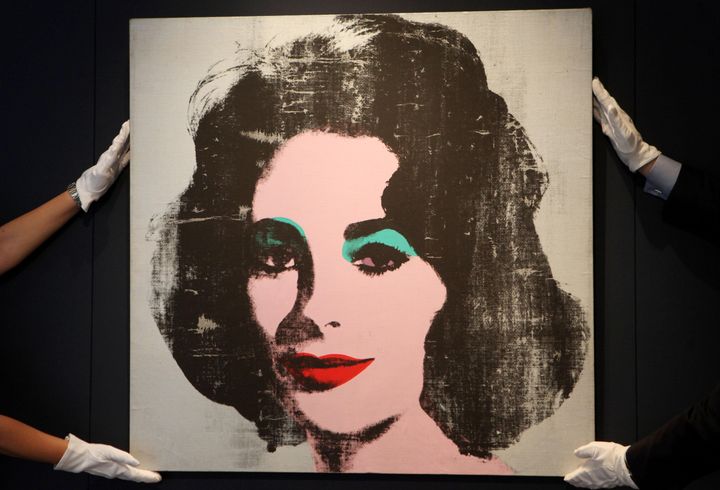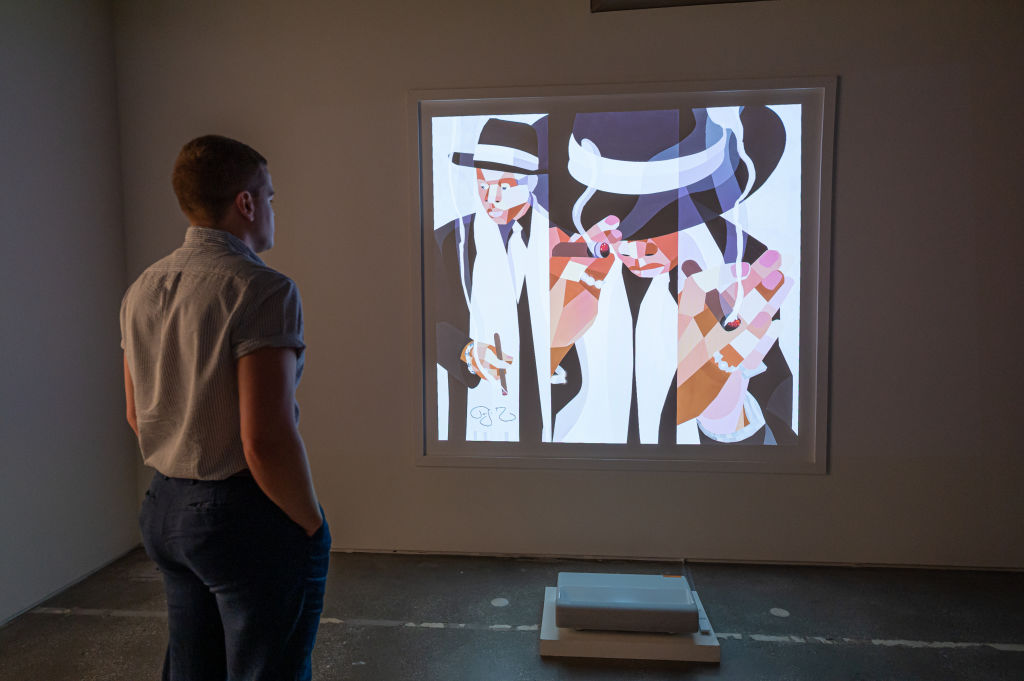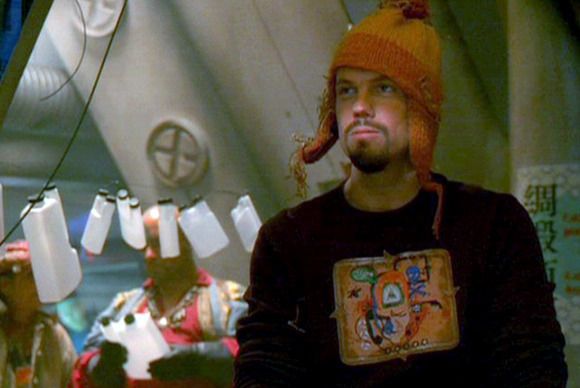Are you an artist looking to create and sell fan art? Are you a writer interested in dabbling in fanfiction? It’s important to know the legal implications of using copyrighted material without permission. In this post, we’ll answer common questions such as “Can I be sued for fan art?” and “Is fanfiction a copyright violation?” We’ll also explore the legal protections available for artists and writers who want to create fan works. So, let’s dive in and explore the legalities of fan art and fanfiction!

Legal Implications of Creating Fan Art: Can You Get Sued?
Fan art has become increasingly popular on the internet, with fans creating their own versions of characters from their favorite TV shows, movies, and video games. However, as an artist, it is important to understand the legal implications of creating fan art. If the owner of the original work does not consent to a particular use of their work, reproducing it in fan art may be considered infringement of their copyright and/or trademark. This could result in legal action being taken against the artist.
However, there are situations where fan art may be considered a “fair use” of the original work. This would depend on a number of factors, including whether the fan art is transformative in nature or used for educational purposes. Transformative use involves creating something new and different from the original work, such as a parody or commentary. On the other hand, using the original work to create something that is simply a copy or derivative without adding any new value would not be considered a fair use.
It is worth noting that even if the fan art is considered fair use, it is still possible for the original owner to take legal action against the artist. It is also important to consider the potential impact of the fan art on the value of the original work or the market for it. In general, if the fan art is not intended to harm or replace the original work, it is less likely to be considered infringement.
In conclusion, creating fan art can be a fun and creative way to express your fandom, but it is important to understand the legal implications. Before creating fan art, it is recommended to seek legal advice or obtain permission from the original owner to avoid any potential legal issues.
>> Must read Does George Lucas still get royalties?
Exploring the Legality of Selling Celebrity Drawings: Know Your Rights as an Artist
If you are an artist and want to draw a celebrity and sell it, you may be wondering whether it is legal. The good news is that, according to the court, you may create a work of art that includes a recognizable likeness of a person without their written consent and sell at least a limited number of copies without violating their right of publicity. This means that you can create a portrait of a celebrity and sell prints of it without any legal repercussions. However, it is important to note that if your artwork is defamatory or infringes on the celebrity’s trademark rights, you may still be sued. Therefore, it is essential to ensure that your artwork does not violate any laws or rights of the celebrity when creating and selling your artwork.
Trending now – Did J.K. Rowling do the illustrations?
Disney Fan Art: Is it Legal to Sell?
Fan art is a popular form of artistic expression that has become increasingly popular with the rise of social media. Many people enjoy creating their own versions of their favorite characters, and sharing them online. However, when it comes to selling fan art, things become a little more complicated. If you are creating fan art that is a near copy of a Disney character, then you cannot sell it legally. This is because there are no protections for selling fan art that is a replica of a Disney character.
Disney is very protective of its intellectual property, and it vigorously defends its copyrights and trademarks. This means that if you create fan art that is a near copy of a Disney character and try to sell it, you could be sued. Disney has the legal right to protect its characters and ensure that they are not being used for commercial gain without their permission.
However, this does not mean that you cannot sell Disney fan art altogether. There are ways to create fan art that is not a replica of Disney characters, and therefore can be sold legally. For example, you can create your own original artwork that is inspired by Disney movies, characters, or themes. This means that you can use Disney characters as a source of inspiration, but you need to create something that is unique and original.
In conclusion, creating fan art is a fun and creative way to express your love for your favorite characters. However, if you want to sell your fan art, you need to be careful not to create a replica of a Disney character. Instead, you can use Disney characters as a source of inspiration and create your own original artwork. Doing so will not only protect you from legal action but also allow you to showcase your unique artistic talents.

Is it Ethical to Sell Artwork Resembling Another Artist’s Style or Techniques?
When it comes to creating and selling artwork, it’s important to understand the legal implications of copying someone else’s work. While it may be tempting to replicate someone else’s style or create a piece that looks similar to another artist’s work, doing so without permission can have serious consequences.
In fact, it is illegal to sell, publicize, or publish a copy of an artwork without prior permission from the copyright owner. This means that simply copying an existing piece of art and selling it as your own is not only unethical, but it is also against the law.
Furthermore, it is also illegal to publish and sell an artwork that’s substantially similar to another original work of art. This means that if your artwork looks too much like someone else’s, you could be facing legal action for copyright infringement.
So if you’re considering creating artwork that looks like someone else’s, it’s important to take the time to do your research and ensure that you have the proper permissions in place. This may involve reaching out to the original artist or obtaining legal advice from a copyright lawyer.
By taking these steps, you can protect yourself and your artwork from potential legal issues and ensure that you are creating and selling your work in an ethical and legal manner.
Exploring the Legality and Ethics of Printing Celebrity Images on Shirts

If you’re thinking about making a T-shirt with a celebrity’s image on it, you might want to think twice. Although it might seem like a harmless way to show your admiration for your favorite celebrity, printing celebrity images on merchandise without authorization to do so is generally not permissible. In fact, unauthorized use of celebrity images on T-shirts could lead to a legal battle with the celebrities involved, potentially resulting in a massive payout.
It’s important to understand that celebrities have the right to control the use of their image for commercial purposes. This means that if you want to use a celebrity’s image on a T-shirt or any other merchandise, you need to obtain permission from the celebrity or their representative. Without proper authorization, you could be infringing on the celebrity’s right of publicity and setting yourself up for a lawsuit.
It’s not just celebrities who can take legal action against unauthorized use of their image. Companies and brands may also take legal action if their trademarks or logos are used without permission on merchandise. This is why it’s crucial to obtain the necessary permissions and licenses before using any images or logos on your merchandise.
In summary, printing celebrity images on T-shirts without permission is not recommended. If you want to use a celebrity’s image or any other trademarked image on your merchandise, ensure that you have obtained the necessary permissions and licenses to do so. By taking the appropriate steps, you can avoid legal issues down the line and protect yourself and your business.
Safeguarding Your Art: Key Steps to Legally Protect Your Artistic Works
Artwork, like any creative work, is entitled to copyright protection as soon as it is created and put in a tangible form. This means that a painting, sculpture, or drawing is automatically protected by copyright. The copyright owner has the exclusive right to reproduce, distribute, display, and create derivative works based on the original artwork.
However, if you want to take legal action against someone who infringes on your copyrighted artwork, you’ll need to register your copyright with the US Copyright Office. This registration process provides you with the evidence you need to prove that you are the owner of the artwork and that you have the exclusive right to use it. In addition, registering your copyright allows you to be awarded damages if someone infringes on your artwork.
To register your artwork, you’ll need to complete an application form, pay a fee, and provide a copy of the artwork. It’s important to note that the registration process can take several months, so it’s a good idea to start the process as soon as possible.
In addition to registering your artwork, there are other steps you can take to legally protect it. For example, you can place a copyright notice on the artwork, which informs others that the work is protected by copyright. You can also use a watermark to make it more difficult for others to copy or reproduce your artwork without permission.
Overall, protecting your artwork is essential if you want to prevent others from using it without your permission. By registering your copyright and taking other legal steps, you can ensure that your artwork is properly protected and that you are able to take legal action if necessary.
The Legal Implications of Writing Fanfiction: A Copyright Discussion.
Fanfiction is a form of creative writing that involves taking existing characters and settings from a published work and creating a new story or narrative. However, it is important to note that fanfiction authors are not exempt from copyright law. Just like published authors, fanfiction authors also own the copyright for the content they create. This means that they have the exclusive right to reproduce, distribute, and display their work.
Even though fanfiction authors are not profiting from their work, they are still potentially infringing on the original creator’s copyright. This is because fanfiction stories often use the same characters, settings, and plot lines as the original work. This can potentially harm the market for the original work or damage the reputation of the original creator.
Therefore, fanfiction authors should always be aware of the potential legal risks associated with their work. This includes seeking permission from the original creator before using their characters and settings, as well as being mindful of how their work may impact the original creator’s reputation or market for their work.
In conclusion, fanfiction authors must understand that they are subject to the same copyright laws as commercially published authors. While fanfiction can be a fun and creative outlet, it is important to respect the rights of the original creator when creating new works.
The Legal Risks of Writing Fanfiction: Can You Be Sued?
Fanfiction has been around for a long time, and while it is a form of creative expression, it is still subject to copyright law. This means that if you write fanfiction based on someone else’s work, you could be sued for copyright infringement. In fact, if a copyright owner decides to pursue legal action against a work of fanfiction, they can sue the writer for copyright infringement.
This is because copyright law gives copyright owners the exclusive right to prepare derivative works based on their original work. Fanfiction is considered a derivative work because it is based on someone else’s original work. Therefore, if you write fanfiction based on someone else’s work without their permission, you are infringing on their copyright.
It’s important to note that not all copyright owners choose to exercise their exclusive right to prepare derivative works against fanfiction. Some may even be flattered by the attention their work is receiving. However, if a copyright owner does decide to pursue legal action against a work of fanfiction, the writer could face serious consequences, including fines and even jail time.
In conclusion, while writing fanfiction can be a fun and creative activity, it’s important to be aware of copyright law and the potential consequences of infringing on someone else’s copyright. If you want to write fanfiction, it’s always best to get permission from the copyright owner first, or stick to creating original works to avoid any legal issues.
The Permissibility of Selling Fanfiction: Legal or Not?
When it comes to fanfiction, the legality of selling it can be a bit more complicated. While noncommercially distributed fanfic is generally seen as legal in the United States, selling fanfiction can be a gray area. It’s important to note that fanfiction is considered a transformative work, meaning that it takes existing characters and settings and creates something new out of them. This is a key factor in determining the legality of fanfiction sales.
If you’re thinking about selling fanfiction, it’s important to consider whether your work is truly transformative. Simply changing a few names or details may not be enough to meet the legal standard. However, if you’re creating something that truly adds to the original work, such as a new story or a different perspective on the characters, you may be on firmer legal ground.
It’s also important to note that some creators and copyright holders may be more lenient when it comes to fanfiction. For example, some authors have explicitly stated that they are fine with fanfiction based on their work, while others may take a more restrictive approach. If you’re considering selling fanfiction, it may be a good idea to research the creator’s stance on the issue.
Overall, while selling fanfiction can be a bit of a legal gray area, noncommercially distributed fanfic is generally seen as legal in the United States as long as it meets the transformative work standard. If you’re considering selling fanfiction, it’s important to do your research and ensure that your work meets the legal standard for transformative works.
Understanding the Legal Boundaries of Printing Fanfiction
If you’re an avid fanfiction writer, you might be wondering if you can legally print and sell your fanfiction. The answer to this question is not a simple one, but it’s important to understand the legal implications of publishing fanfiction. If you’re writing fanfiction based on a source material that is in the public domain, then you’re free to print and sell your work without any legal consequences. This means that if the original work is no longer protected by copyright law, you can create your own derivative work based on it and print it legally.
However, if you’re writing fanfiction based on a copyrighted work, you need to be aware of the legal implications. The original author or owner of the copyrighted work has the exclusive right to create derivative works based on their work. This means that if you create fanfiction based on their work without their permission, you could be infringing on their copyright.
In some cases, the original author or owner might not have any issue with you creating fanfiction based on their work. But it’s important to obtain permission from the original author or owner before you print and sell your fanfiction. If you don’t obtain permission, you could be sued for copyright infringement.
In conclusion, if you’re writing fanfiction based on a source material that is in the public domain, you’re free to print and sell your work. But if you’re writing fanfiction based on a copyrighted work, you need to obtain permission from the original author or owner before you print and sell your work. It’s always best to consult with a legal professional to ensure that you’re not infringing on anyone’s copyright.
Creating fan art and selling it can be a tricky legal issue. It is important to obtain permission from the original copyright or trademark owner before using their work. However, there is a possibility that fan art may be considered “fair use” and not infringe on any copyright or trademark laws. Additionally, it is important to legally protect your own original artwork through copyright or trademark registration. As for fanfiction, it is generally considered a copyright violation unless it falls under fair use or is authorized by the original copyright owner. Ultimately, it is best to consult with a legal professional to ensure that your fan art and fanfiction are not infringing on any intellectual property rights.



